Meet Our Mentors
The stories of the Grief Mentors at First Hour are born of personal experience, We’ve been where you are right now, each of us just a little different from the next, but all of us bound together in this journey called Grief.
Regardless of your story, we know your loss is raw and real. We get that.
That’s why we’ve assembled an incredibly compassionate group of Grief Mentors standing-by and ready to meet you where you are.
But we won’t know you’re there if you don’t let us know.
Please use our Contact Us form to ask for more information about support options or call (502) 791-9938. We now have two locations to serve you: 409 Marquette Drive (In Lyndon) and 8307 St. Andrews Church Road (Just off Dixie Highway). All meetings are by appointment only.
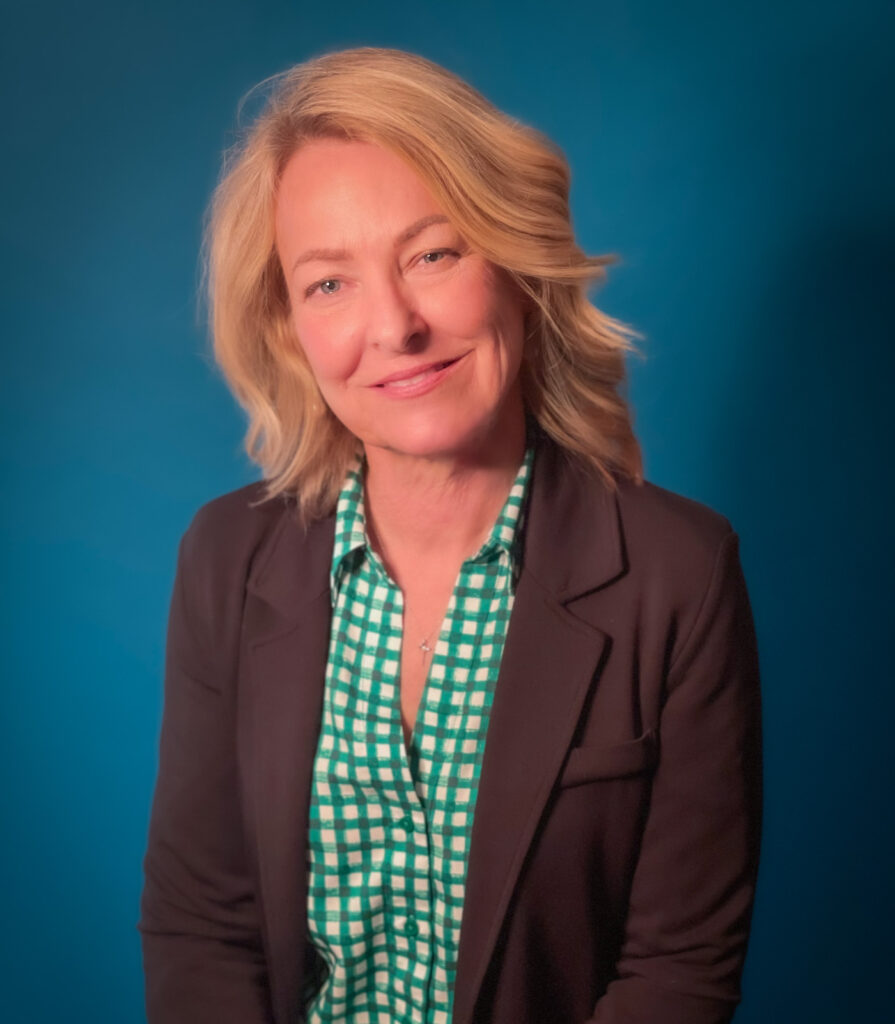
Lisa Schardein
Executive Director
Lisa’s most difficult grief journey began in 2011 when her 19-year-old son, Ben, was tragically killed by a drunk driver. Ben was her only child, and their bond was often described as “the best of friends.” That devastating loss came just a few years after her brother Philip passed away suddenly at 42 and two years before her father succumbed to cancer in 2013.
After Ben’s death, Lisa sought support to navigate the overwhelming pain. She turned to a grief group at her church, where she had previously found healing while helping her nephew, Adam, who had lived with her family after losing his father, Philip.
Through these experiences, Lisa realized the profound impact of community and faith in processing grief.
Determined to honor Ben’s memory and help others, Lisa now serves as Executive Director of First Hour Grief Response, while also facilitating grief support groups, offering one-on-one mentoring, and leading initiatives to support those who have suffered sudden loss.
Though life will never be the same without Ben, Lisa has found joy again through her faith, her supportive husband, and her growing family of grandchildren. She is passionate about walking alongside others on their grief journey, reminding them that healing is possible.
“God has not wasted one second of this pain,” she says. “Through it, He has brought beautiful people into my life.”
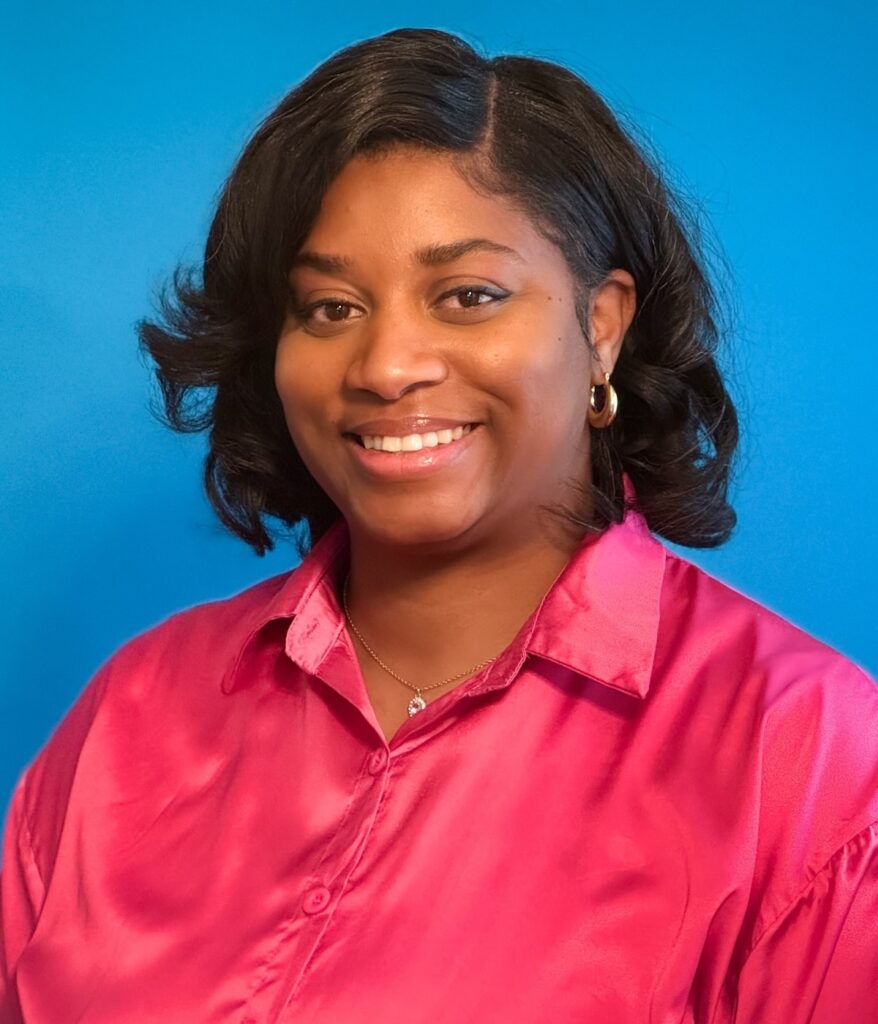
Brittany Pitteard
Executive Assistant
The loss of my great-grandmother when I was 12 years old was a defining moment in my life. She was a cornerstone in my upbringing, and her passing deeply affected me, though I didn’t fully process my emotions at the time. I remember not crying at her funeral and suppressing my feelings as a teenager, avoiding the pain entirely. It wasn’t until 15 years later that I found myself unexpectedly overcome with emotion whenever I thought of her. I would cry uncontrollably and felt confused, believing I should have been “over it” by then.
This year brought another profound loss when my grandmother and grandfather passed away just two weeks apart. Their deaths were devastating, as they had both been central figures in my life. Initially, I didn’t cry when I heard the news, but in the days that followed, sudden waves of overwhelming grief would hit me, leading me to retreat to private spaces to cry.
Over time, I’ve learned that grief is deeply personal and doesn’t follow a set timeline. For me, processing loss often takes time and comes in waves. With the passing of my grandparents, I leaned heavily on my faith, finding strength in knowing that I will see them again one day.
One scripture that provided immense comfort during this season of loss is James 1:2: “Consider it pure joy, my brothers and sisters, whenever you face trials of many kinds, because you know that the testing of your faith produces perseverance.” This verse reminds me that no matter how difficult the trial, I can persevere because Jesus walks with me every step of the way, transforming even the pain of grief into something meaningful.
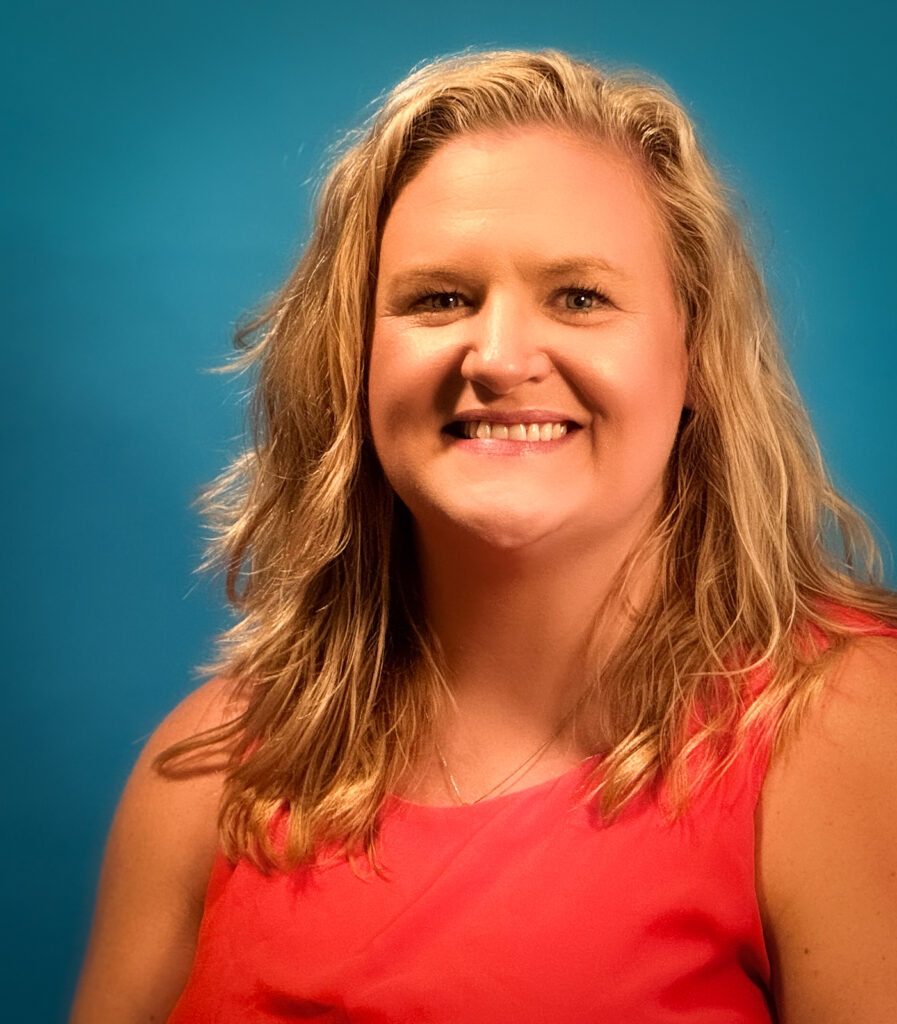
Lindsay Merrifield
Infant & Pregnancy Loss Program Facilitator
My grief journey began on January 15th, 2019, a day forever etched in my memory. It was the day our beautiful son, Bryant, took his last breath at just 36 hours old. Bryant passed away due to severe complications from scoliosis. We had learned about these complications during our 20-week anatomy scan, but we never anticipated that we would leave the hospital without him in our arms.
Navigating this journey has been a gradual process, and to be transparent, I am unsure if I will ever truly be “through” it. Instead, I am learning to walk alongside my grief rather than letting it control me. I find solace in honoring Bryant and creating a legacy for him—one he was unable to build himself. I say his name often and strive to create change so that others may not have to endure what my family and I experienced. In doing so, I find a measure of comfort.
One of the greatest sources of support for me has been the group offered at First Hour. Initially, I joined as a participant, and now I have taken on the role of facilitator. This group has provided me with love and comfort, helping me feel less alone and isolated in my grief. It is a place where people understand my emotions and my journey, and they walk alongside me.
A quote that deeply resonates with me and my journey is: “I’ll be your legacy. I’ll be your voice. You live on in me. So I’ve made the choice. To honor your life by living again. I love you. I miss you. I will see you again.” – Unknown.
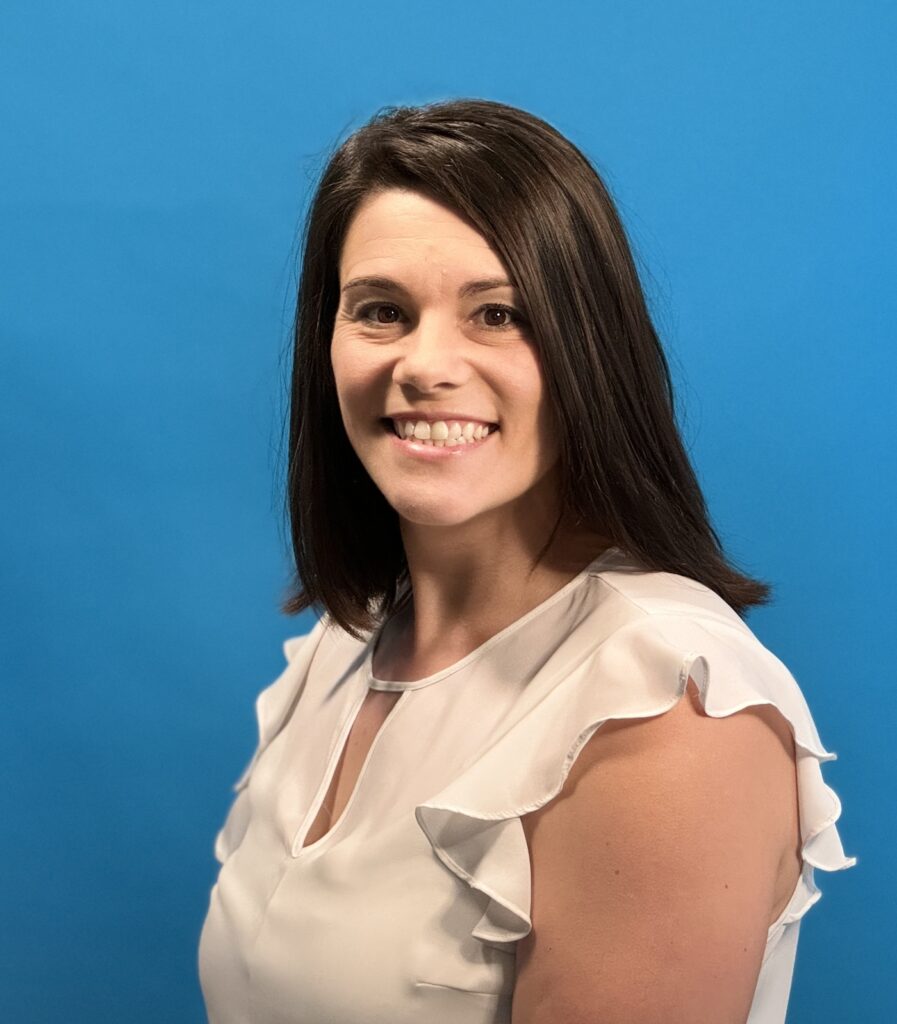
Michelle Stotts
Suicide Loss Program Facilitator
My grief journey began in November of 2019 when my friend tragically took their own life. The shock of that loss shook me to my core, leaving a deep scar that I struggled to understand. Then, in 2023, I faced another heart-wrenching loss when my mother passed away due to a traumatic brain injury. These two sudden and unexpected events taught me that grief has always been a part of my life, woven into the very fabric of the human experience. With grief now a constant presence, I find myself contemplating how I can harness its power to propel me toward health and wellness.
To navigate this journey, I sought help and support from those around me. I spoke openly and honestly about my losses and the profound impact they had on me. Sharing my pain allowed me to begin healing, even when the process felt overwhelming.
Several tools and resources have been instrumental in my healing. God’s word has been a source of comfort and guidance. The support from First Hour Grief Response, specialized loss groups, and counseling has provided me with a safe space to explore my emotions. EMDR therapy has helped me process the trauma, while a book called Zachariah’s Story offered insights that resonated deeply with my experience. Above all, the trustworthy friends who have sat with me in the depths of my grief have been a lifeline, offering understanding and compassion when I needed it most.
One quote that has profoundly impacted my journey is, “Let your pain be your teacher, not your master,” by Sandy Gross. It reminds me that while grief is a powerful force, it does not have to control me. Instead, I can learn from it and use it to grow stronger.
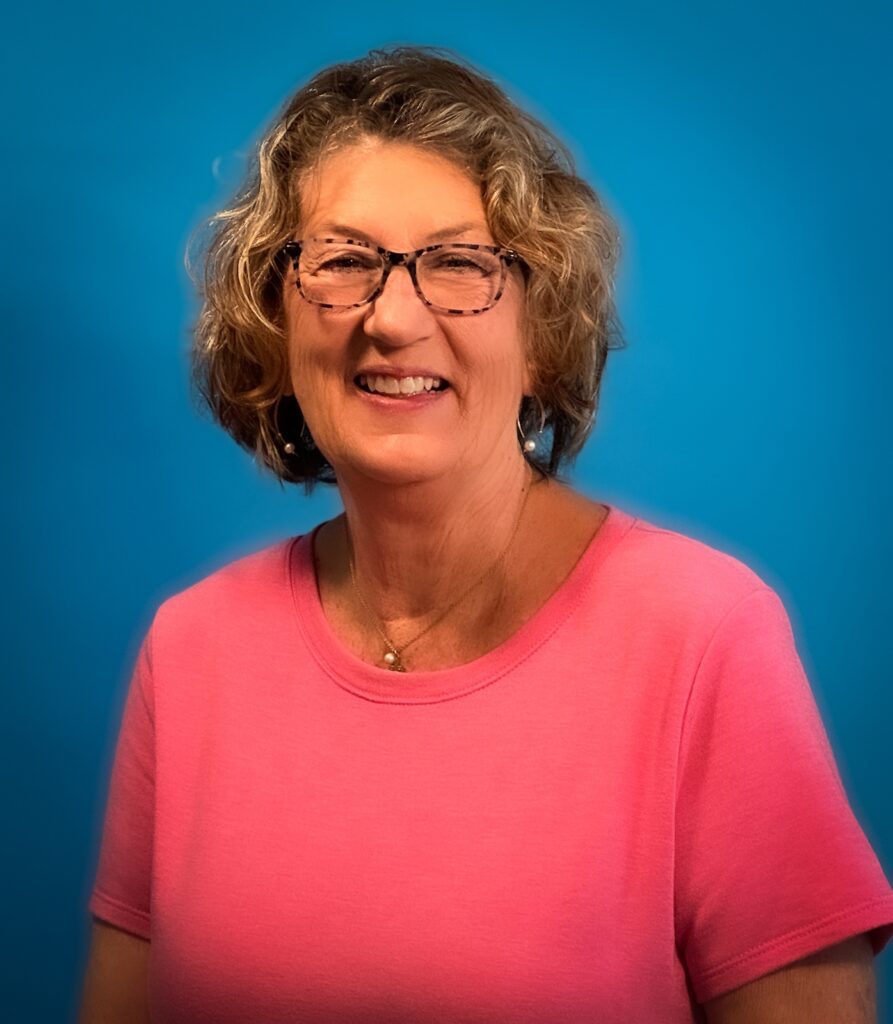
Karen O'Hara
HopeWave Coordinator /
Grief Mentor
My grief journey officially began on February 2, 2021, when I received the devastating news that my daughter Hannah had passed away. The shock and pain of that moment marked the beginning of a path I never expected to walk.
To navigate the overwhelming grief, I turned to one-on-one counseling and found solace in group sharing. I embraced the support of my friends and made new connections with those who had been on this journey for some time. I immersed myself in grief-related activities, including yoga, art, and reading, seeking anything that could offer some comfort or understanding.
The tools that have helped me along the way include journaling, which allowed me to process my emotions, and reading, which offered insights and perspectives on grief. Sharing my experiences with others and developing friendships with people who could truly relate to my pain has been invaluable.
A quote that has provided strength and comfort during this time is, “I can do all things through Christ, who strengthens me.” This quote, which my grandmother often used throughout my formative years, has always resonated with me, and its significance has only deepened during this difficult period.
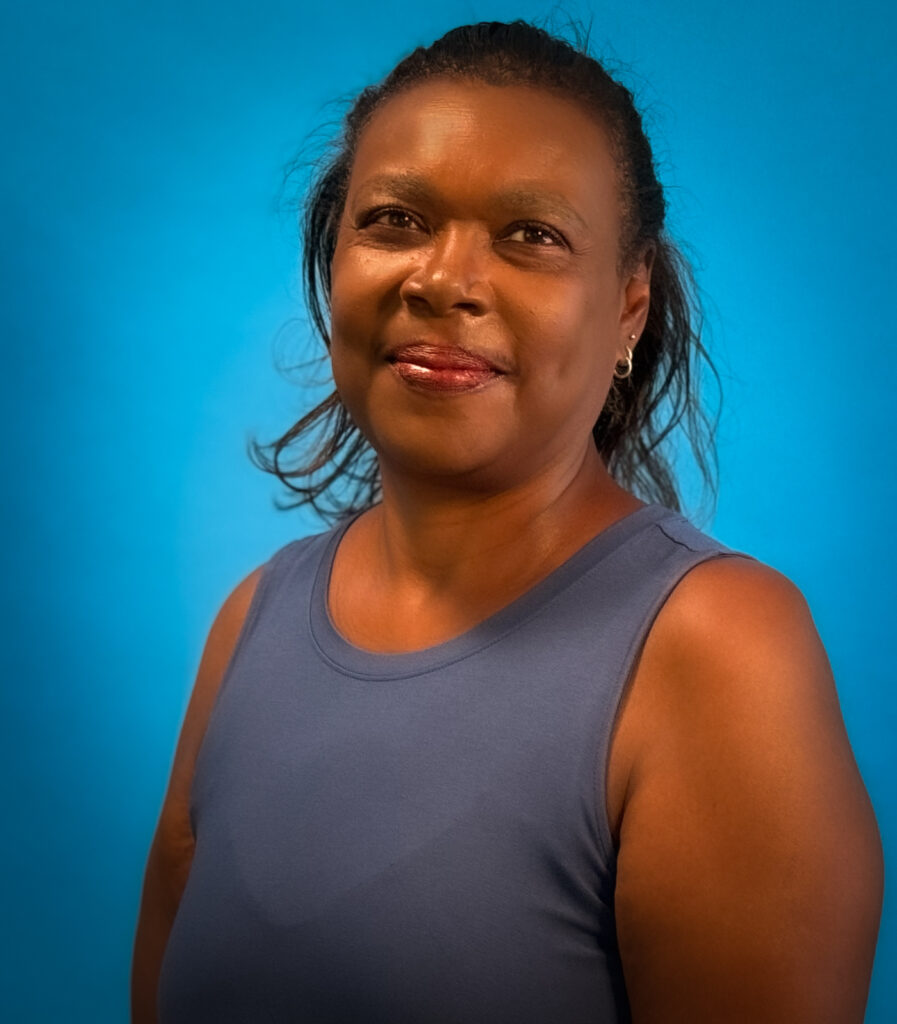
Deb Toussaint
Grief Mentor
When my grandfather passed away, it was a devastating blow to our family. My siblings and I affectionately called him “Dad” because our birth father had been separated from our mother for many years. His death was sudden and tragic; he was repairing a water heater at home when he fell and suffered a fatal brain injury.
During this time of loss, being around family provided a source of comfort, especially spending time with my grandmother. She often reminisced about the memories she shared with him throughout their 58 years of marriage, which brought a bittersweet solace to our grieving hearts.
I tend to internalize my grief when I’m around others, finding it challenging to express my sorrow outwardly. Instead, I seek solace in quiet moments, offering my thoughts and prayers directly to God. One particular Bible verse has been a source of strength for me during this difficult period. Joshua 1:9 (KJV) reads: “Have not I commanded thee? Be strong and of a good courage; be not afraid, neither be thou dismayed: for the Lord thy God is with thee whithersoever thou goest.” This verse continually reassures me of God’s presence and support, even in the darkest of times.
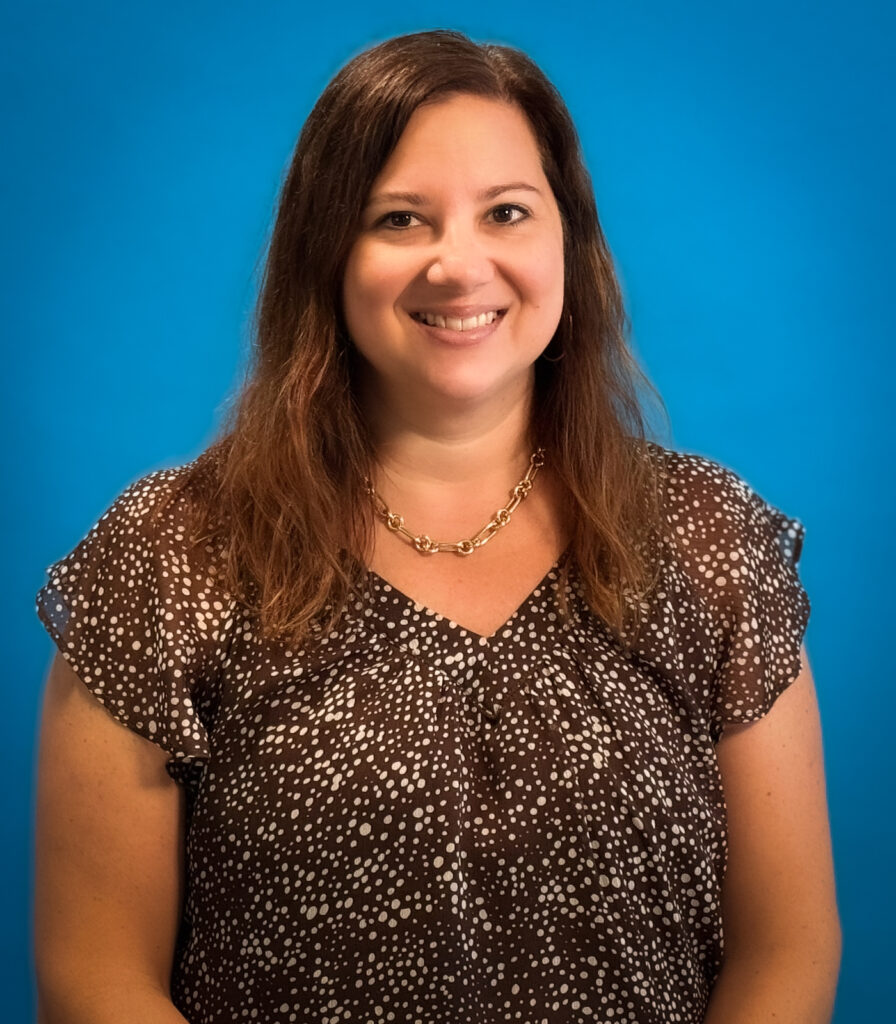
Marianna Boyd
Grief Mentor
My journey with grief began on December 29, 2011, with the loss of my mother. Though I had always been a deeply empathic person, understanding others’ pain, it was this moment that truly initiated my personal experience with grief. The loss of my mother was profound, stripping away the joy of the holidays and leaving me without a home base. Navigating marriage and raising a child without her presence added to the complexity of my sorrow.
Years of infertility also marked my path, introducing another layer of grief. Despite this, I found joy in the gift of my son, holding onto the happiness he brought while grappling with the pain of infertility.
Support from friends and family was crucial, but it was the guidance of a counselor that made a significant difference. Talking through my grief with a compassionate professional allowed me to process my emotions and find a path forward. I was fortunate to find a great counselor who truly helped me.
Several tools and resources aided me along the way. Books provided comfort, conversations with others offered solace, and honoring my mother on special occasions helped keep her memory alive. Allowing myself to feel sadness when it came, looking at old pictures, and cherishing the good memories all played a part in my healing process. While the loss will always be a part of me, time has helped ease the pain.
Two quotes have resonated deeply with me during this journey: “He has made everything beautiful in its time” (Ecclesiastes 3:11), and “Trust in the Lord with all your heart and lean not on your own understanding; in all your ways submit to him, and he will make your paths straight.” These words have provided comfort and guidance, helping me navigate the complexities of grief.
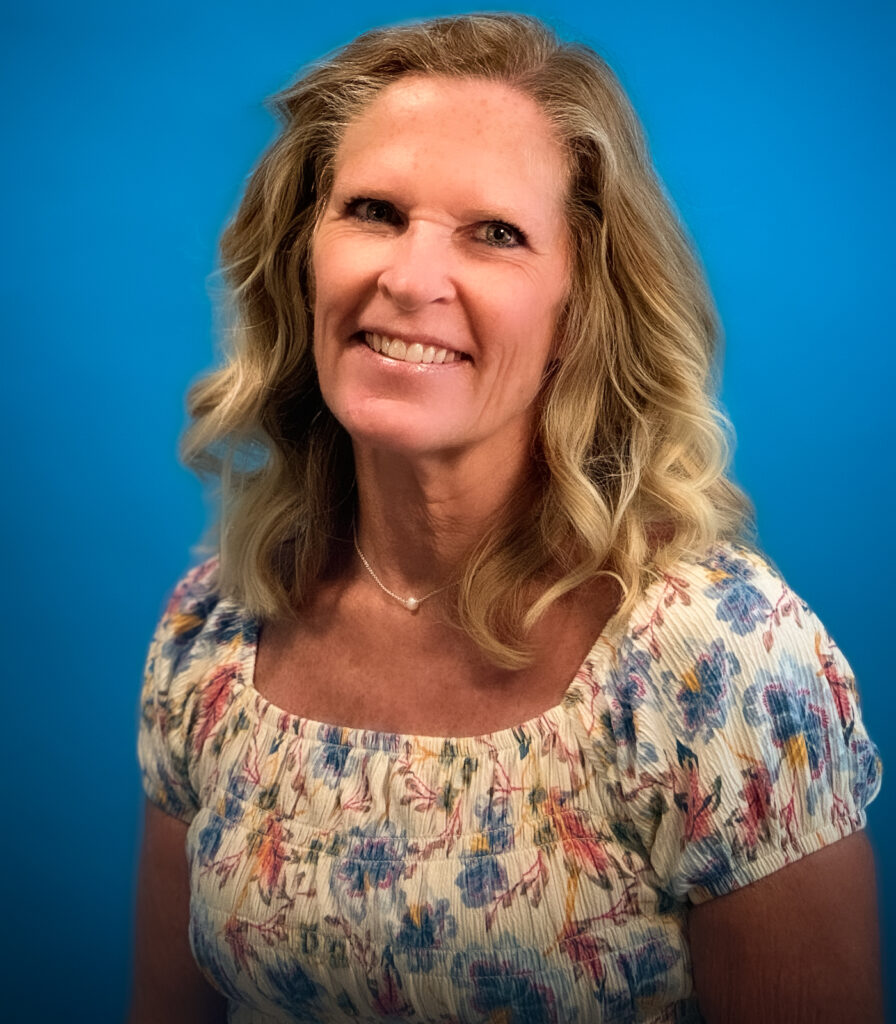
Roberta Ethington
Grief Mentor
My journey through grief began when I was just 14 years old. It started with the sudden loss of my mother to cancer when she was only 40. This tragedy forced me to leave behind my family and friends from my mom’s side and relocate across the country to the bustling city of Louisville, Kentucky, to live with my dad and stepmother. I had just started high school and felt utterly alone, with no support system. Talking about my mother and her death was forbidden, so I bottled up all my feelings.
Throughout my life, I have lost friends and family members, but the next significant blow came in 2015 when I found my father dead at his front door. He had suffered a sudden heart attack, and even though there was nothing I could have done to save him, I was overwhelmed with guilt for not being there sooner, for not being able to help.
Finding solace, I turned to my church and connected with others who had similar experiences. This support system has been instrumental in my grief journey. Though the road becomes easier to walk, the thoughts of my parents and my relationships with them remain just as poignant. There’s always a part of me that feels incomplete. However, talking about my grief with others and finding ways to honor my parents in positive ways helps transform my memories from painful to joyful.
Currently, I find comfort in reading books on self-healing and books about heaven, which help me maintain my faith that I will see my parents again someday. Through this journey, I’ve come to understand that the only constant in life is change. One of life’s hardest lessons is learning to let go—whether it’s guilt, anger, love, or loss. Change is never easy; we struggle to hold on, and we struggle to let go.
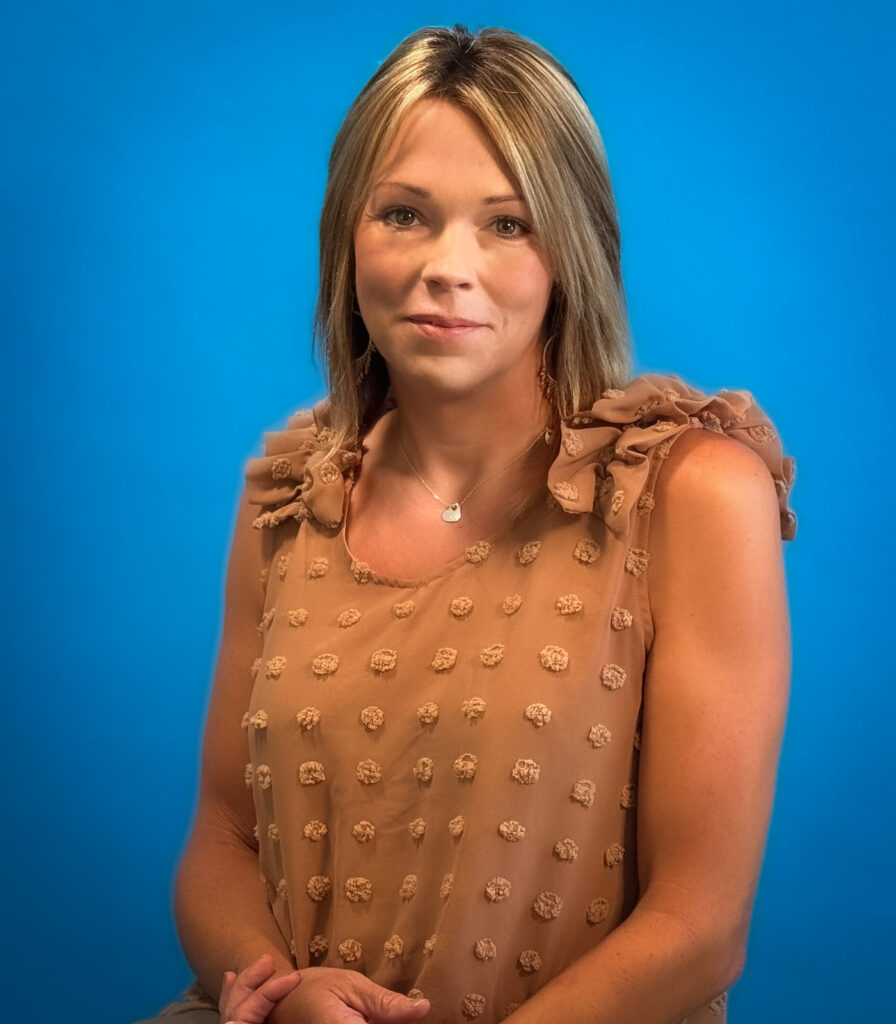
Ericka Mingus
Grief Mentor
My world shattered on a Saturday night, November 19, 2022, when I received a call that would forever change my life. Someone informed me that they believed my son had been shot. In that moment, time stopped, and life as I knew it ceased to exist. The future stretched out as a painful and broken journey, filled with a complex web of emotions, thoughts, choices, and battles that I would face every day.
In the midst of this devastation, I found a will to survive for the sake of my other two children. Only nine months earlier, I had divorced their father, and I couldn’t bear to abandon or neglect them now. They had already endured so much, and this incomprehensible tragedy added to their burden. Despite the overwhelming sorrow, I resolved to fight hard. My faith in God became my anchor.
I turned to the church for strength and joined a grief group the week after my son’s death. Surrounding myself with people became a necessity. I went back to work almost immediately, fearing that stopping might mean I wouldn’t make it. Books on grief filled my nights, and therapy sessions offered a space to process my pain. Medication provided a temporary lifeline.
My children’s well-being became my focus. I sought out other grieving mothers, meeting for coffee to share stories and find solace in empathy. I attended meetings on gun violence, journaled extensively, and exercised to cope with the turmoil inside. Isolation and distraction were my companions, yet I also allowed myself to be loved and cared for by someone special. Community support and meeting with my son’s friends brought moments of connection and comfort.
Every few months, I tried to escape for brief periods to rest and recharge. I learned to say no to things that made me uncomfortable, prioritizing my healing. Through it all, my faith sustained me, giving me hope that I would see my son again.
My faith is what carries me through this unending journey of grief. I have to believe that one day, I will be reunited with my son.
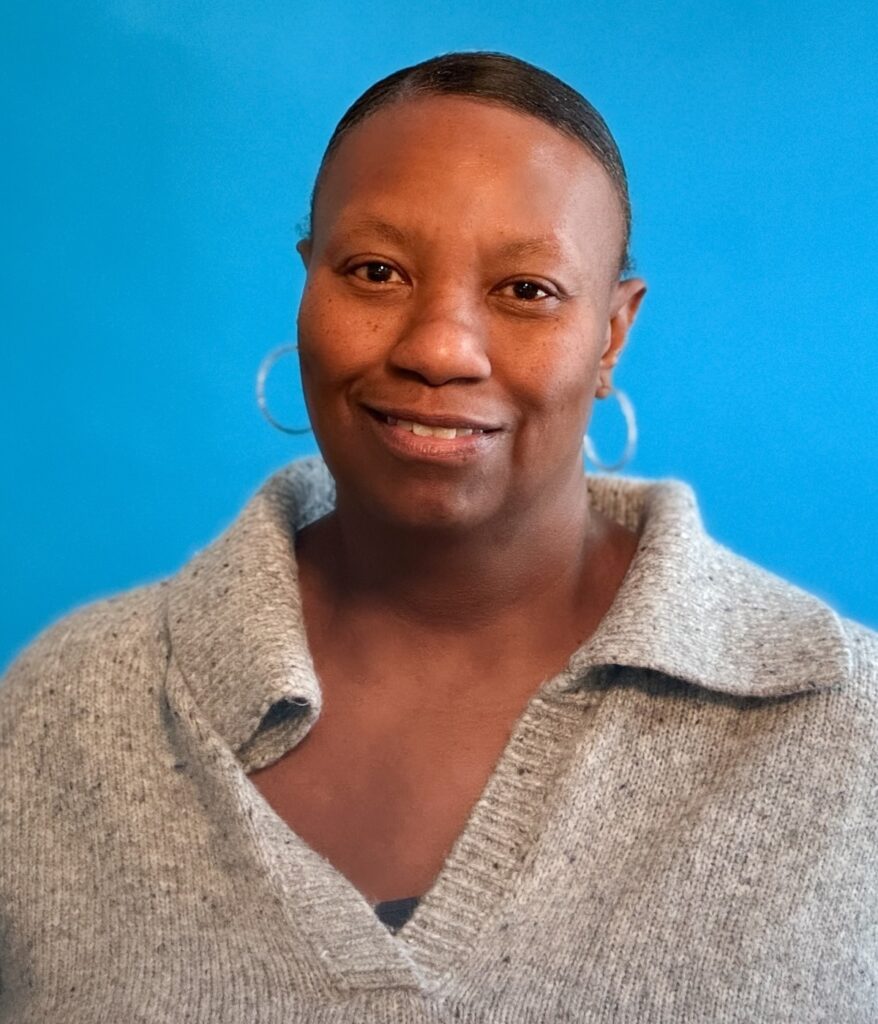
Faith Mack
Grief Mentor
The heartbreak of miscarriage during my second trimester in 1994 marked the beginning of my grief journey. While that loss was incredibly painful, the passing of my mother brought the most profound sorrow I’ve ever known. Her absence left a deep void, not only for me but also for my children, who mourned alongside me.
In search of guidance, I turned to family therapy, which became a crucial source of support for us during such a difficult time. Through this shared journey, I have leaned heavily on my faith in God as my anchor and source of strength.
Psalm 30:5 has been a lifeline for me: “Weeping may endure for a night, but joy comes in the morning.” This promise reminds me that, even in the midst of profound grief, hope and joy await on the other side.
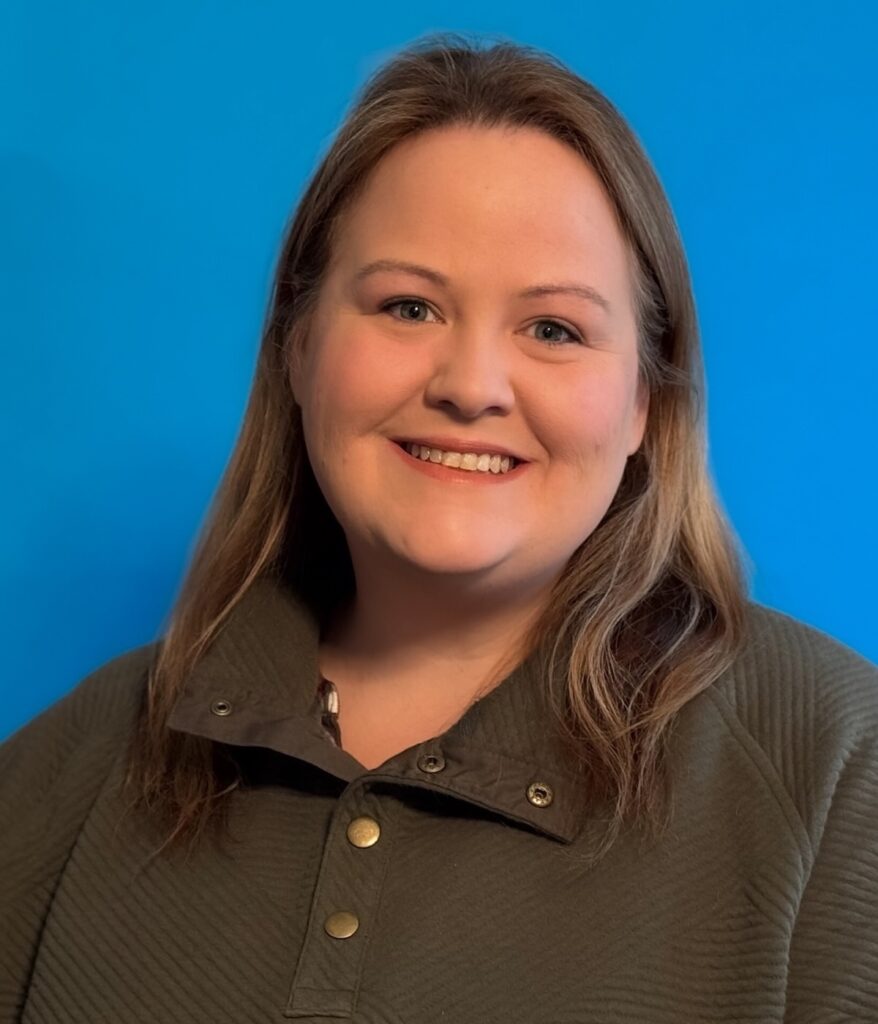
Amanda Comstock
Grief Mentor
The loss of my Gran in March 2018 was a pivotal moment in my life. Her sudden battle with cancer took her from us quickly, leaving a deep void in my heart. Gran had been a significant part of my upbringing, and her death marked the first major family loss I was old enough to fully process. Then, in January 2024, I faced another profound loss when my Memaw passed away, just as integral to my life as Gran. Their absence is felt deeply, but I remain grateful for the years we shared.
Journaling became my solace, a place where I could process my grief freely. Through writing, I expressed the unspoken words, the regrets, and the everyday updates I wished I could share with them. This practice helped me navigate the overwhelming waves of loss, bringing me a sense of peace and connection.
These losses have reshaped my perspective, teaching me to coexist with grief while cherishing the love and memories of those who are gone. A quote by Jamie Anderson encapsulates my experience: “Grief, I’ve learned, is really just love. It’s all the love you want to give but cannot. All of that unspent love gathers up in the corners of your eyes, the lump in your throat, and in that hollow spot in your chest.” These words remind me that grief is a reflection of enduring love—a love that continues to shape my life.
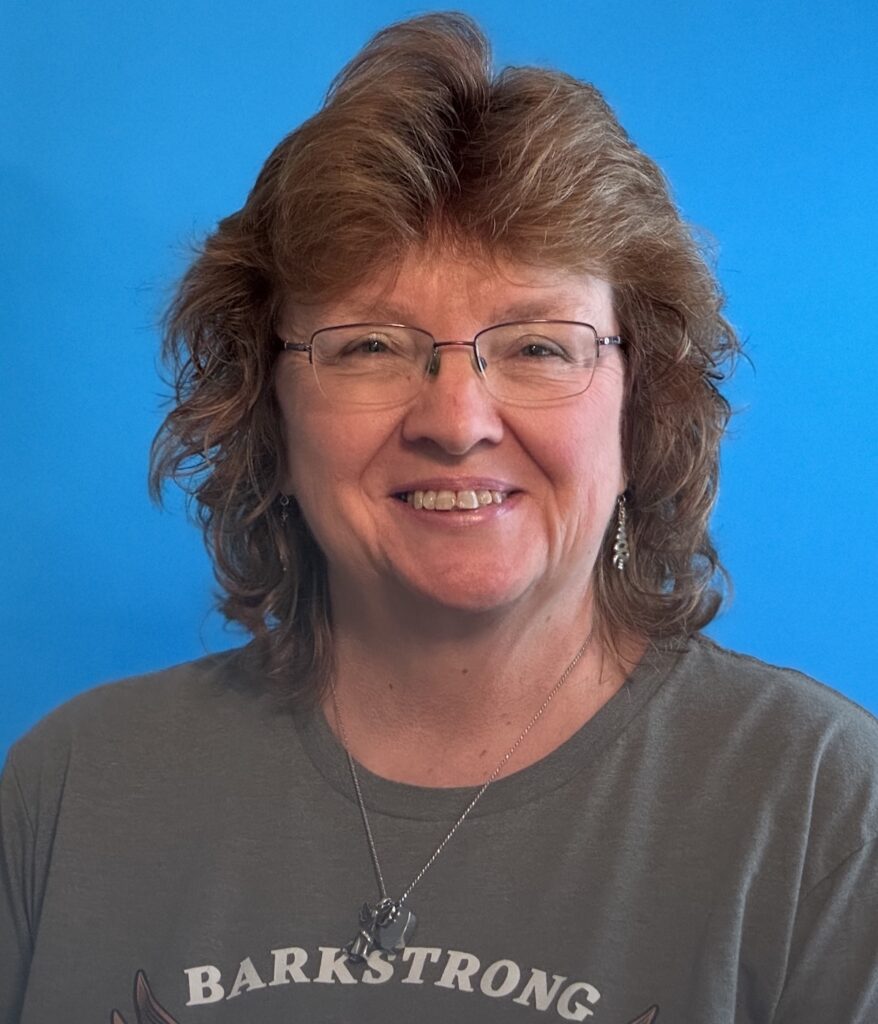
Robin Bark
Grief Mentor
The tragic death of my 19-year-old cousin in 1991 was my first encounter with profound grief. His motorcycle accident, caused by a deer, happened just a half-mile from my home. Since that day, I’ve endured several significant losses, including my father-in-law in 2003, my mother in 2011, and, most heartbreakingly, my 20-year-old son, Brandon, who died in a car accident in 2016.
After my mother’s passing, I sought counseling through a local church in Tipp City, Ohio. The support I received brought me comfort, but losing Brandon was a completely different kind of pain. I struggled to find people who understood the sudden loss of a child or the unique grief of a parent. When my family relocated to Louisville in 2017, I found the support I needed through Camberwell Sanctuary, whose guidance was instrumental in helping me navigate my grief.
Brandon’s death shook my faith to its core. While I never doubted where he was, I wrestled with anger and struggled to feel connected to God. Over time, I’ve found strength through my faith and the love of my husband and son, Derrick, which has helped carry me through the darkest moments.
A scripture that sustains me is Philippians 4:13: “I can do all things through Christ, who strengthens me.” This verse reminds me that God’s strength is sufficient, even in my deepest grief.
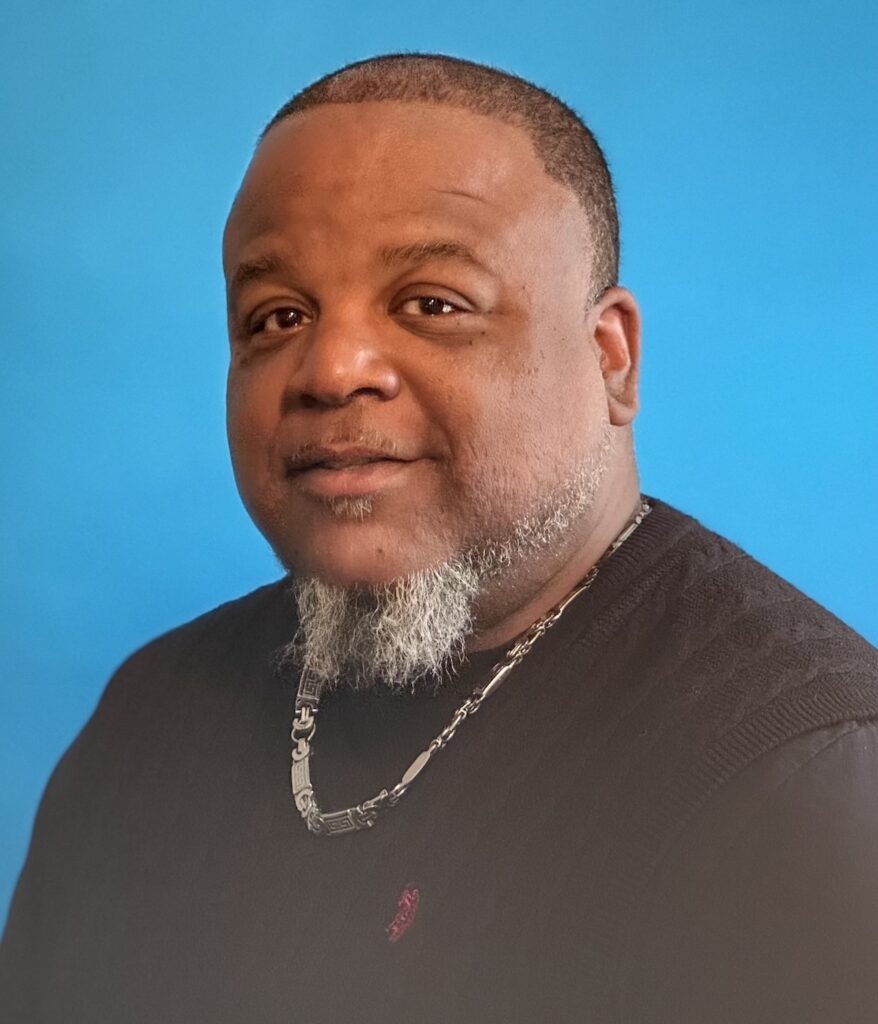
Lawrence Tyree
Grief Mentor
In 2008, I rededicated my life to Christ, a pivotal moment that set me on a path toward grief counseling. My renewed faith became a cornerstone of my life, leading me to serve as a minister in my church. Helping others spiritually has always been my calling, and I am dedicated to using this gift for God’s glory.
My understanding of life and loss has been shaped by witnessing the struggles of a generation that often lacks respect for elders and moral grounding. I’ve faced my own challenges, with sins that once felt overwhelming, but scripture and the examples set by my father and grandfather, both preachers, helped me remember the promises of God. Their influence taught me that even in times of struggle and adversity, God remains steadfast.
Losing my father to cancer at the age of 59 was devastating. Four years ago, I also said goodbye to my grandfather. These two men were pillars of my life, shaping me through their unwavering faith and strength. Their deaths taught me the depth of grief and reminded me that Jesus, too, experienced profound loss.
These experiences ignited a passion within me to help others navigate their own grief. I believe God has called me to use my journey to comfort and support those in need, showing them that healing and hope are possible through Him.
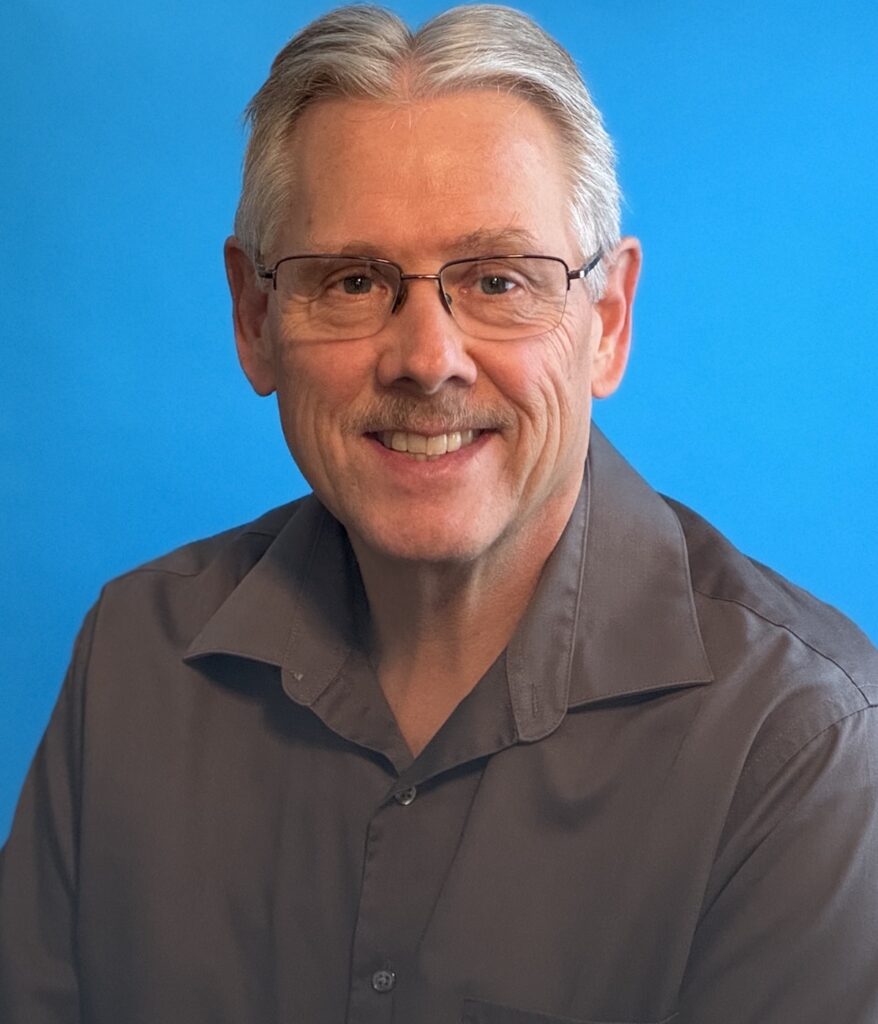
Don Bark
Grief Mentor
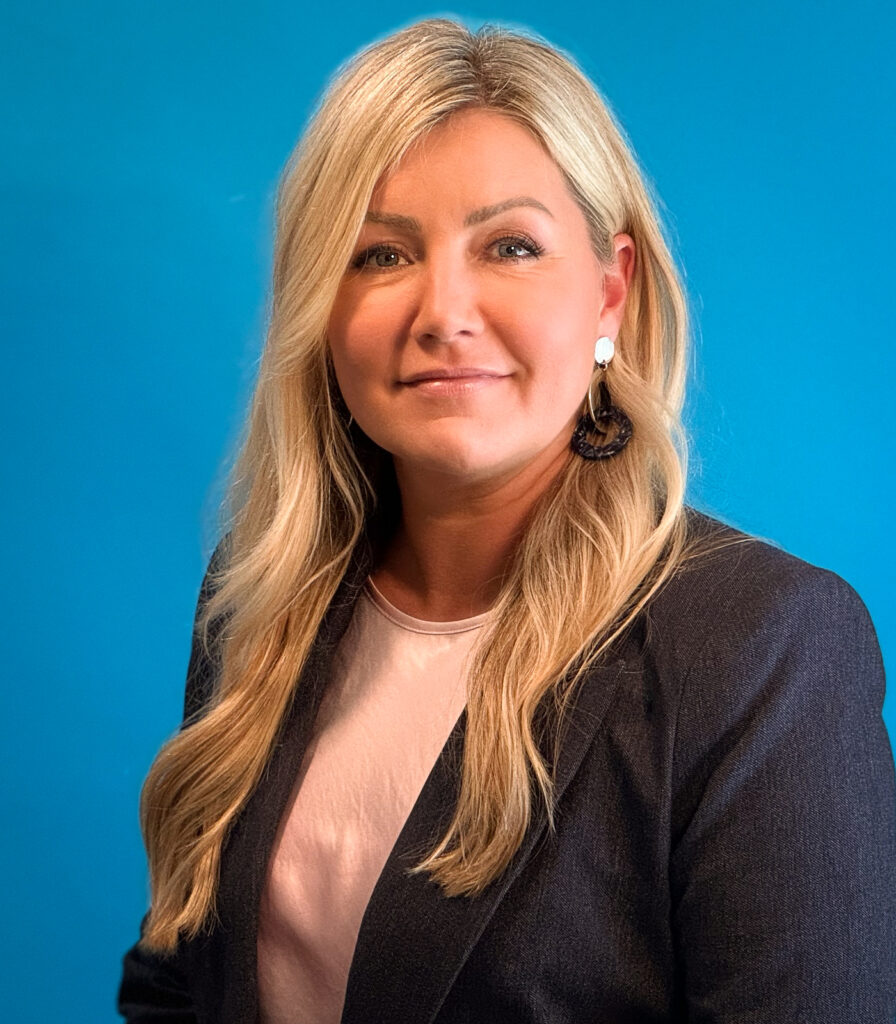
Kimberly Cassady
Grief Mentor
My grief journey began in 2020 when my 19-year-old daughter was killed in an act of intimate partner violence. Shortly after the sudden and devastating loss of my daughter, my father was diagnosed with lung cancer and passed away after contracting COVID.
These profound losses in my life, compounded with other instances of ambiguous loss in my life, left me emotionally overwhelmed. Recognizing I needed support and coping strategies, I sought help for my grief and healing. I immersed myself in reading, prayer, and community connections. I learned that grief and joy could coexist through an online grief program I participated in for many months.
Over time I was able to experience the healing and growth possible after loss using the information and strategies I learned, while also leaning heavily on my faith.
Having felt the pain of walking this road alone during an unprecedented time in our history of isolation due to COVID, I committed myself to sharing what I had learned with others. I remind myself that grief is the natural response to having lost someone we love, and it’s not something we are trying to cure. We have to find a way to let it unfold and have presence in our lives, while also keeping hope that we can continue living in some meaningful capacity.
I choose to live by and count on God’s promises to sustain me. We are not meant to grieve alone; we need each other more than ever during times of loss. I feel grateful and humbled to be able to use my pain and experience to support and walk with others on their grief journeys.
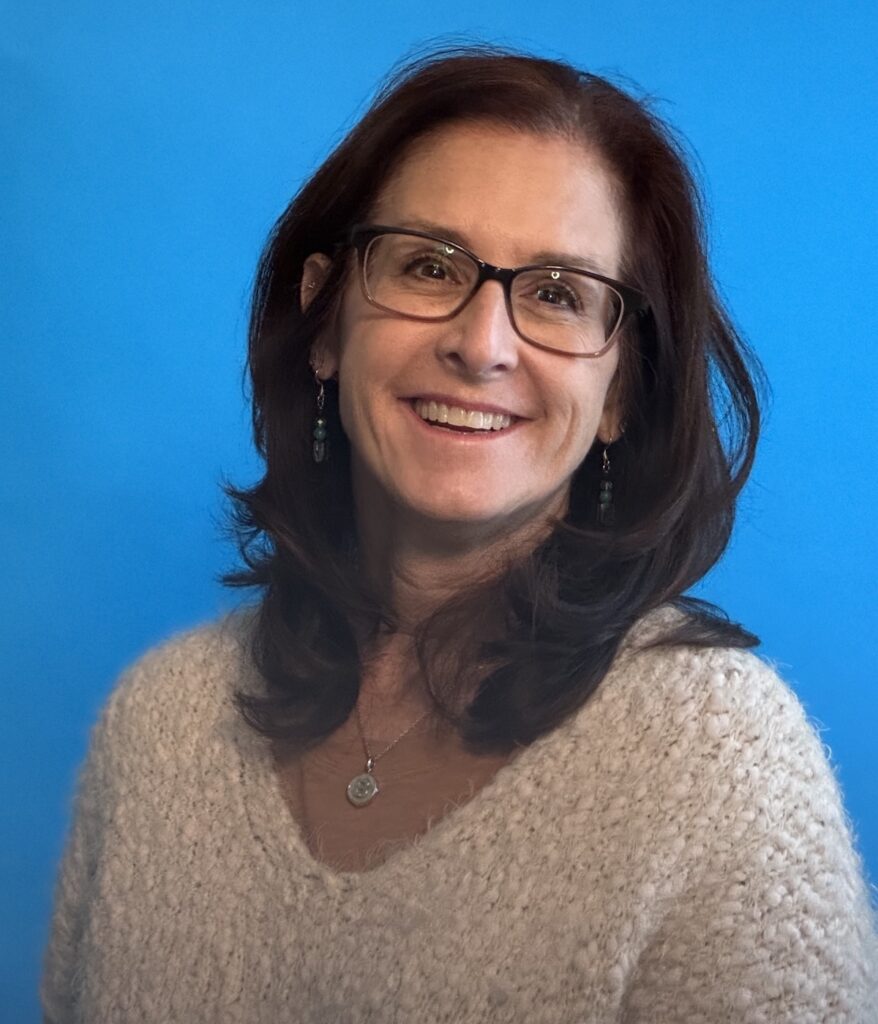
Brooke Hinkle
Grief Mentor
My grief journey began on August 23, 2020, when my younger brother tragically ended his own life. His loss shattered my world, leaving me grappling with a profound sorrow I had never experienced before.
To navigate the waves of grief, I focused on surviving each day, one breath at a time. One meaningful step I took was getting a tattoo with my mother—a tribute to my brother that serves as a daily reminder of him and an encouragement to pause and breathe deeply, even in the midst of pain. In the first year, I also found solace in attending a grief support group, where I discovered that shared experiences could provide comfort and understanding.
Along the way, certain tools became invaluable in my healing: prayer, the unwavering support of friends, rest, and reading about the nature of grief. These practices offered me moments of peace and a sense of connection amidst the loneliness of loss.
Every day, I remind myself to take a moment to “pause, take deep breaths, close my eyes, and breathe.” This simple ritual grounds me and helps me move forward, one step at a time, with hope in my heart and my brother’s memory forever etched in my soul.
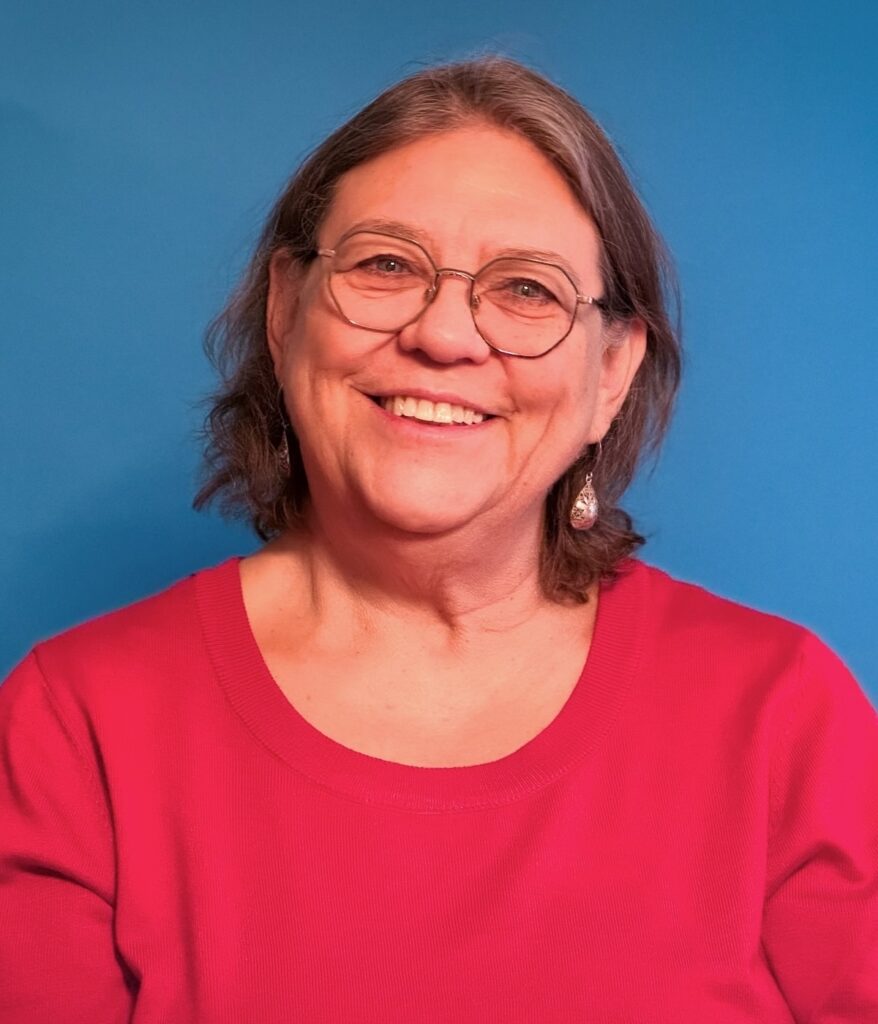
Angela L.Brockmann
Grief Mentor
My journey with grief actually began in the 1970s as a Licensed Mental Health Counselor at the Menninger Foundation in Topeka, Kansas. Despite that training, the first significant loss came when my grandmother passed away at 101. Her absence left a profound void, and I needed to rely on all the skills I developed in Topeka to heal.
Later, we lost our son, Christopher as a result of medical malpractice. As a military family, we found comfort in bonds with others who had experienced similar losses. These connections taught me resilience and how to move forward.
The most devastating loss, however, was the passing of my spouse, which shattered my world. I slowly rebuilt my life through faith and reflection, finding unexpected strength and purpose.
I have since lost both my parents and my youngest brother, each loss reinforcing that life’s timing is beyond our control.
Throughout these trials, my faith has been my compass. I believe God calls us to care for the earth and love one another. Grief, for all its pain, has taught me to live with intention and to love more deeply.
